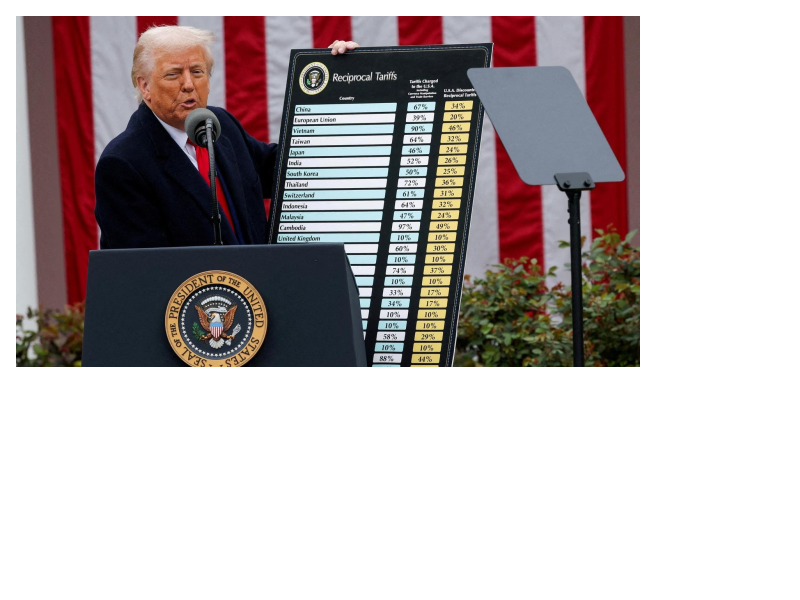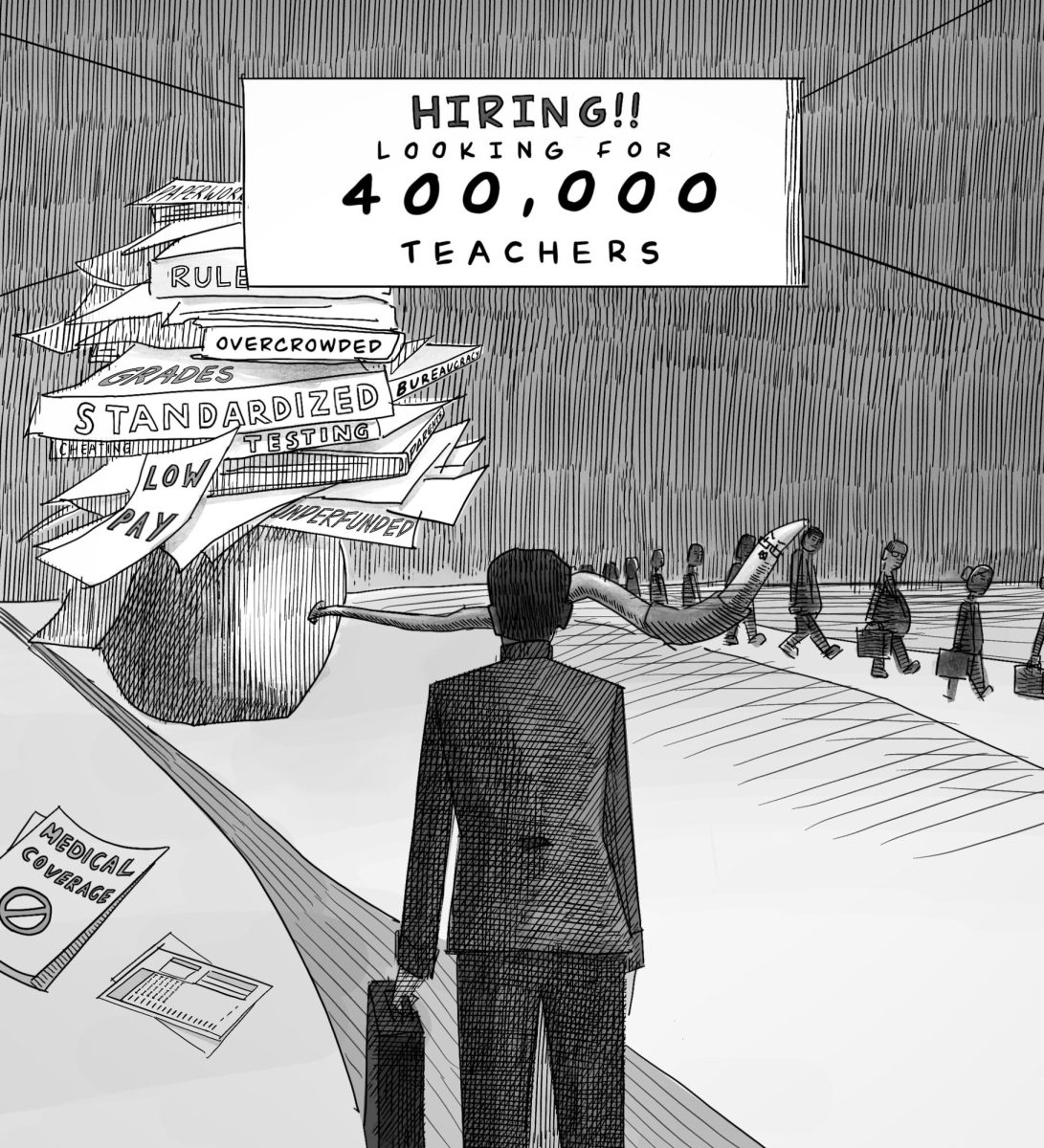[column width=”47%” padding=”6%”]
Pro
Absence of salary caps in baseball makes America’s favorite game unfair and expensive
We all know America’s favorite past-time to be the sport where stealing isn’t illegal, sunflower seeds are eaten whole, and numerous stadium songs bring people from all over the country together for three minutes, after which they go back to fighting over the beers and garlic fries. However, something most people aren’t aware of is the real controversy in baseball.
In almost every major league sport, including football and soccer, salary caps and team payrolls put restrictions on the amount of money franchises can invest in acquiring players. What this means is that teams are only allotted a certain amount of money that they can use to pay for players’ contracts. Despite this, the patriotic sport of baseball seems to bypass these rules, not imposing any such restrictions on its teams. But who really benefits from this free market policy that bends the rules of capitalism to the extreme? In a country built on the ideals of advancement, who is being sacrificed for the well-being of the team?
The fans, that’s who. It’s sad that, by acquiring the best and most expensive players to make the fans happy, ironically, the teams in baseball are only hurting their fans more. So in other words, you are being taxed for your loyalty and support.
When teams like the New York Yankees have over 200 million dollars to spend on players’ contracts, where do you think that money comes from? From our pockets. Most of the money spent on acquiring players comes from the revenues that a team makes from ticket sales. That means that the more they spend on players for you to watch, the more you spend on tickets to watch them.
With a salary cap, all of that changes. Ticket prices wouldn’t fluctuate as much because of the fact that teams only have a certain amount of money to expend on contracts. After that, the money goes into things like building a new stadium, a burden that the already rich Yankees have placed on taxpayers, charging over 25 million dollars in taxes to pay for their new playing grounds.
In addition to the economic detriments, the lack of a payroll or salary cap system in itself reduces the quality of the game. The less money a team has, the less likely they are to spend on shaping up new players in the minor league knowing that each minor league player will only have a couple years with the franchise before being bought out with a juicier contract by another team. So why invest in improving minor league players?
In fact, it is the major league talent that salary caps support. They motivate teams to develop sustainable ability, to make players better over the years, and to develop a team that will maintain superiority for a longer period of time. Isn’t that what interesting sports are about: good competition and winning? Do you think that it is fair that teams like the New York Yankees—who have participated in 40 of the 105 total World Series Championships—and the Philadelphia Phillies—both of which were the World Series contenders in 2009—have over 200 million dollars in player contracts while other teams don’t even have 50 million? Is this what breeds competition?
Of course not! If we want “America’s favorite past-time” to stay that way and not turn into “Pros vs. Joes: the Yankees vs. the MLB,” it is important that a salary cap be placed in the league. After all, we all want cheaper tickets, right?
[/column]
[column width=”47%” padding=”0″]
Con
Cons of adding a salary cap to baseball
Major League Baseball has always been an advocate for strong capitalism. The act of adding a salary cap to baseball would kill this idea of emphasis on free markets where talent can price itself to its highest potential. The frequently used argument that the addition of a salary cap would cause a more even distribution of talent across the league is absurd. Despite the fact that the MLB has no salary cap, there is no one dominant team. In the last seven seasons, seven different teams have won the World Series. Since 1995, 26 of the 30 major league teams have reached the playoffs.
Just look at the NBA and the NFL. They are leagues that have salary caps, where teams are only allowed to spend a fixed amount of money. Yet they have “dominant” teams like the Los Angeles Lakers, the Boston Celtics, and the New England Patriots. Obviously, there are other factors in play, namely team culture, strong management and coaching that help teams win against all odds. Therefore, it is clear that success isn’t guaranteed on money alone. The New York Yankees, the team with the highest payroll in the MLB, has had years where they haven’t even made the playoffs. Because of the popularity of the sport, there is an abundance of talented baseball players, which is why the smaller market teams have gotten a chance to thrive in the system.
Leagues with salary caps have not necessarily been doing any better than the uncapped MLB. The NBA and NFL haven’t been as successful as the MLB in terms of drawing viewers. Game five of this year’s World Series between the Yankees and Phillies almost set a record for most viewers in Fox channel history. This is even with the Yankees being heavily favored to win. With the expectation of the Yankees to be the champions, you would expect fewer viewers to tune in, yet viewing records were set despite this bad economy. People say that salary caps would help fans out financially, but this isn’t true.
Capping the amount a team can spend on players doesn’t help fans because owners will still keep their ticket prices the same regardless of the amount they’re allowed to spend on players. Extra revenues made that should have been spent on quality players would probably end up being pocketed by the owner; however, the uncapped system encourages owners to spend money on their team rather than keep it for themselves. And when you can freely increase the salary of players without having to worry about the repercussions, teams will increase the risks they take, thus creating more excitement for the game. The fact of the matter is that a salary cap would reduce financial incentives to improve, innovate, and succeed.
Capping the league will cause teams to shy away from taking those big risks or making that big splash in the free agent market, making the league more sedate. Players will feel less motivated to put in the time and effort to improve their batting or pitching when they know that their salary will be fixed, and this could cause a steep drop in the quality of baseball games.
With the uncapped system, players have stronger incentives to compete for high end jobs on the big market teams, and that’s why today you see the quality of the game at such a high level. So with the success of having an uncapped league, why change what doesn’t need to be fixed?
[/column]












